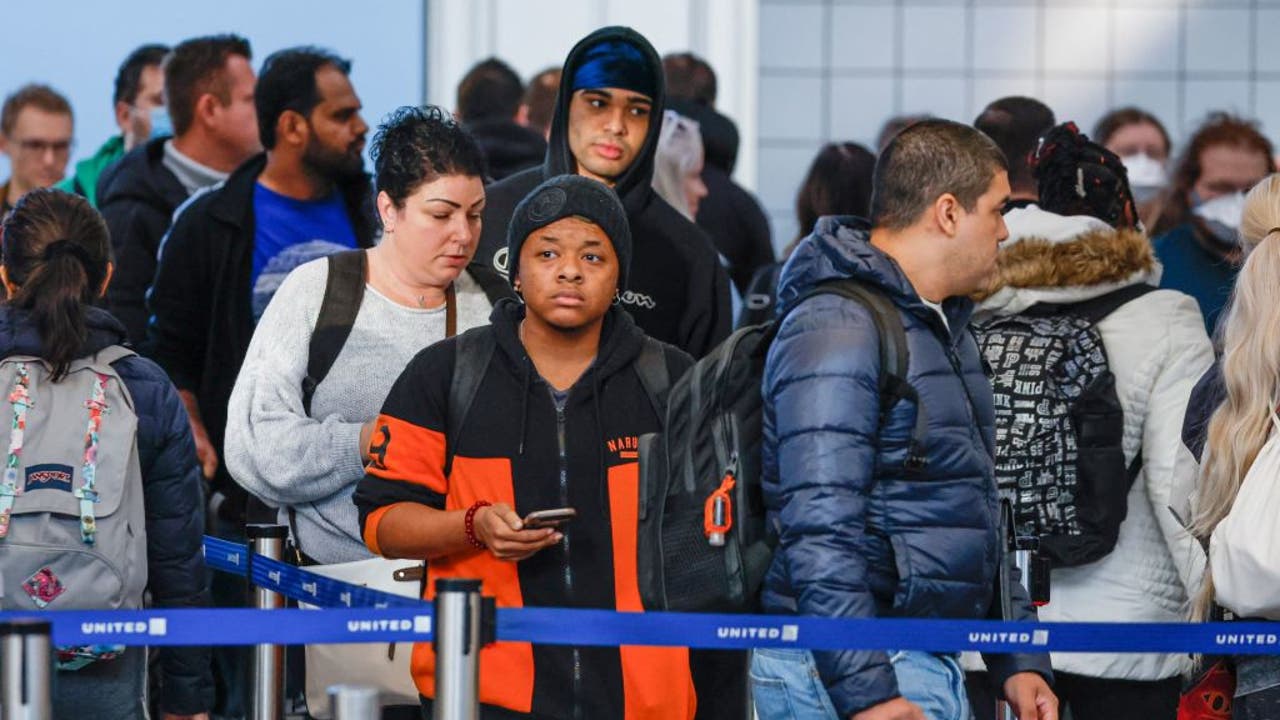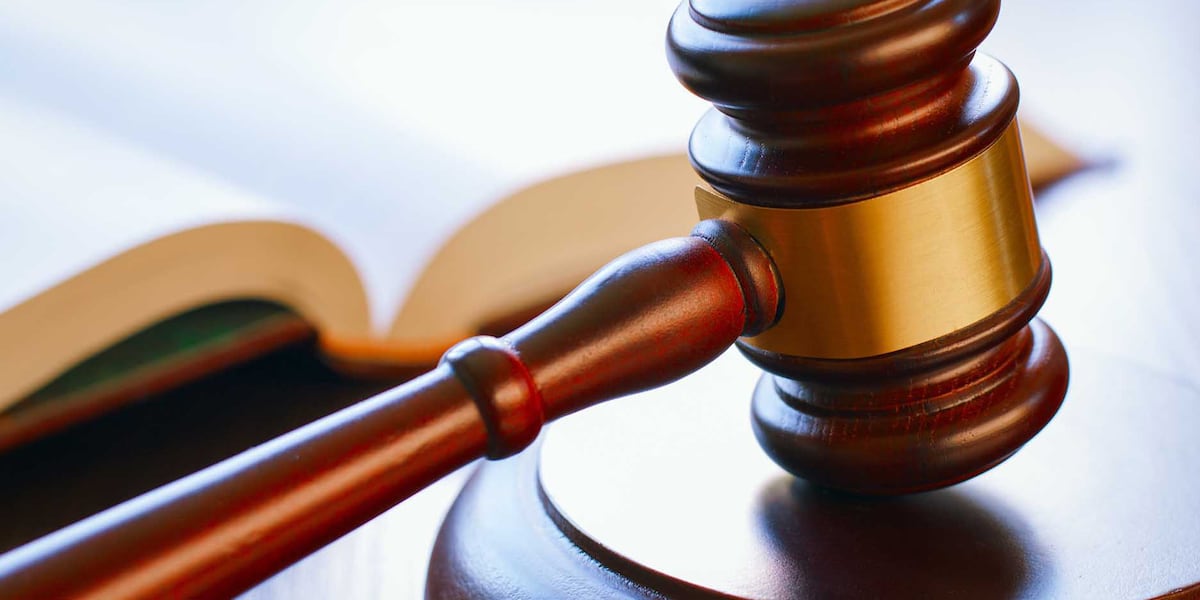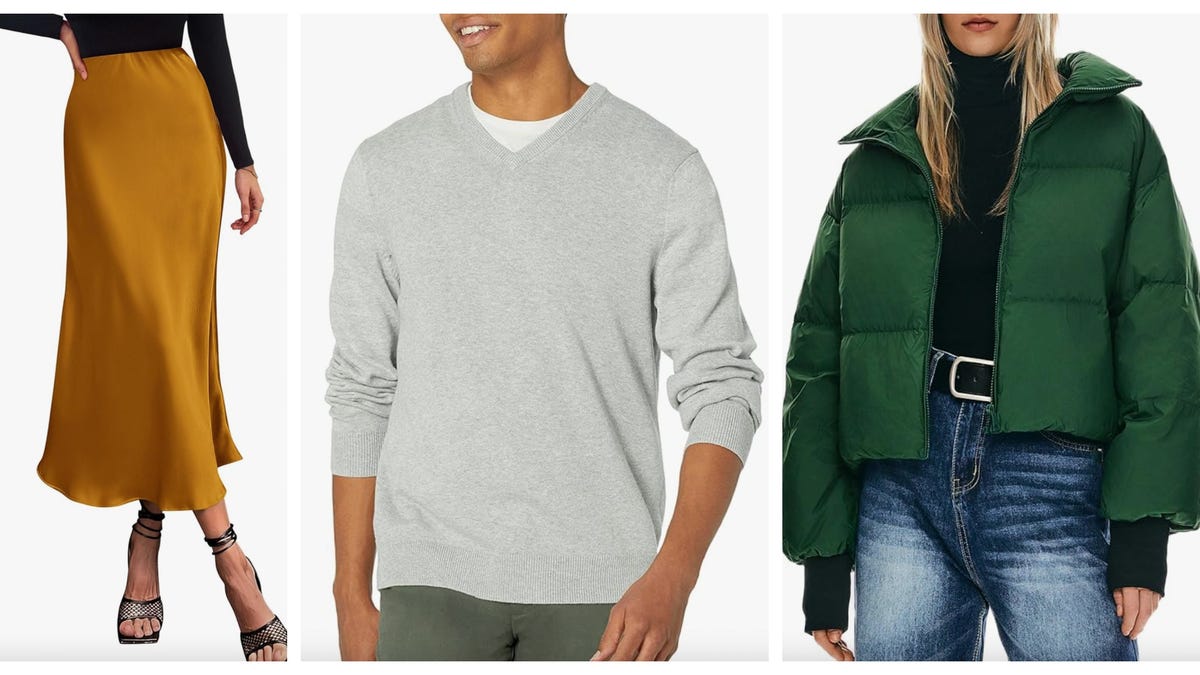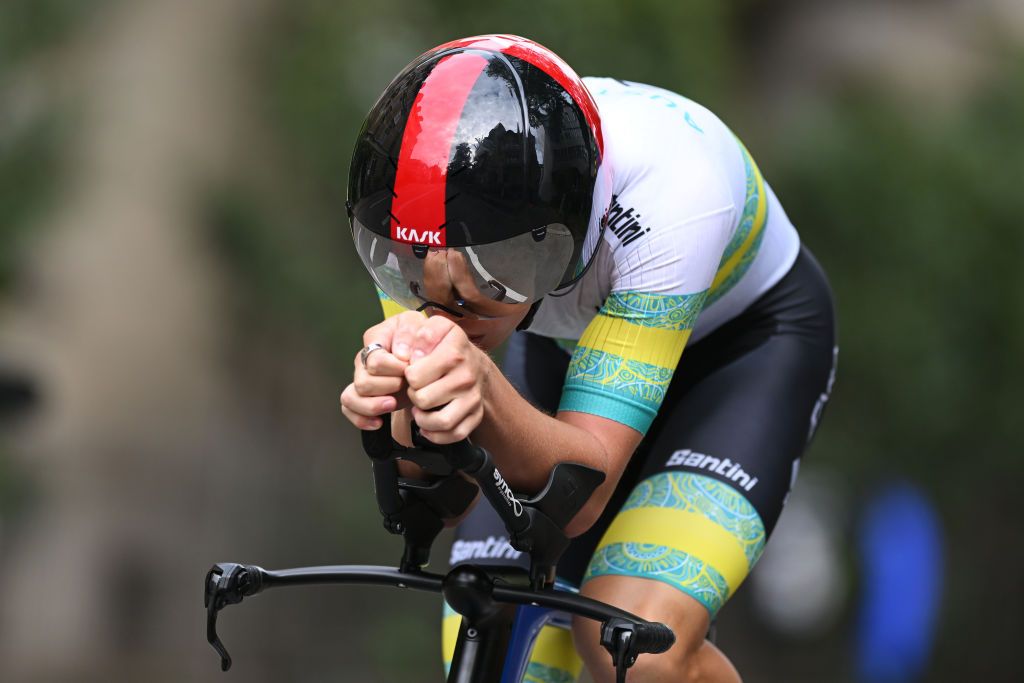Fashion
Coronado High School alum Hans Henken gets sailing bronze in dramatic fashion

PARIS – There are 13 races in the Olympic sailing competition for the 49er skiff, and after the first three Hans Henken and helmsman Ian Barrows were buried in 12th place.
So how they heck did they win a bronze medal?
It required a comeback for the ages that stretched over the remaining nine qualifying races plus a dramatic medal race Friday afternoon in the Bay of Marseille on France’s picturesque southern coast.
“It’s really hard to put into words,” said Henken, 32, a Coronado High School alum who had chased his Olympic dream for 15 years and twice quit to pursue a career as a real-life rocket scientist. “I’m just super grateful and super proud and super happy, honestly.
“Yeah, super stoked.”
It is the first Olympic medal for the Henken family (his younger sister, Paris, raced in the 2016 Summer Games with his wife, Helena). And the first U.S. medal in the 49er class, which was added to the Olympic program in 2000.
It also provided a spark of pride for U.S. sailing, which ranks second all-time in Olympic medals behind Great Britain but had managed just one – a bronze in 2016 – since 2008.
It took a masterclass in sailing strategy – reading the wind, navigating the tides, choosing efficient lines down the course, outmaneuvering opponents at buoys – over the final nine of 12 qualifying races to climb into seventh place and then fourth in the cumulative scoring system.
Then came a stroke of fortune in the Friday’s medal race among the top 10, which counts double in the points standings that determine the podium.
Henken and Barrows timed the start perfectly. Ireland’s Sean Waddilove and Robert Dickson, who began the day in second, did not.
That forced the Irish, along with two other boats that crossed the line too early, to retreat around the starting buoy while the rest of the fleet charged toward the first mark.
“After that,” Waddilove told RTE Sport, “there wasn’t really much chance to get back into it. It was a fairly straightforward course so not much we can do.”
That cracked open the door for the Americans to climb into the top three, although it would require a high placement in the medal race combined with the Irish finishing near the bottom.
At the first mark, in the predictive scoring based on their current places, the Irish were clinging to the bronze by a point. At the second mark, the Americans were slightly ahead. At the third, the Irish were back in bronze position.
But then Henken and Barrows made a tight turn at the third mark just ahead of the Swiss boat to put them in fourth place overall, and held it to the line. That meant they needed the Irish to finish eighth or worse in the medal race that was postponed for unfavorable wind conditions after two abandoned starts Thursday.
The Irish faded to ninth.
Spain’s Diego Botin and Florian Trittel won the race and the gold with 70 points (the less, the better). New Zealand’s Isaac McHardie and William McKenzie got the silver with 82. Henken and Barrows, who wildly hugged each other as they crossed the line, will take home an improbable bronze with 88, three ahead of the Irish in fourth.
Suddenly, the failed 2016 and 2020 Olympic campaigns, the decisions to return after twice stepping away from the sport, the switch to Barrows as partner, the hundreds of thousands of dollars in fundraising, the injuries, the politics, the choice as an eighth grader to abandon a promising competitive skiing career for sailing, the family’s move to Coronado to pursue that dream, it all made sense to Henken.
He has undergraduate and Master’s degrees from Stanford in aeronautical and astronautical engineering. The transition to real life would be easy, and lucrative.
“As a young kid,” Henken said, “I always wanted to go to the Olympic Games and compete against the best in the world, and I saw sailing as that avenue. I put everything I had into being able to train super hard, be as physically fit as I possibly could be, eat really well and just kind of do all the things I thought I could control to put myself into this position.
“It took a couple rounds. I campaigned for Rio and finished second in the U.S. Trials, campaigned for Tokyo and finished fourth in the U.S. Trials. To be able to come here with Ian, win the U.S. Trials and come to Paris and put us in this position and win the bronze medal, it’s an unbelievable feeling.”
Originally Published:









